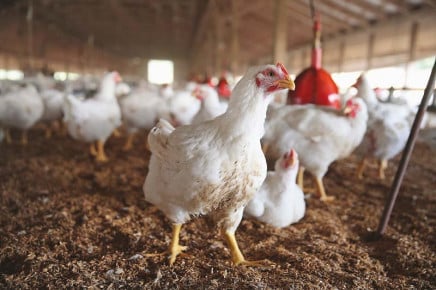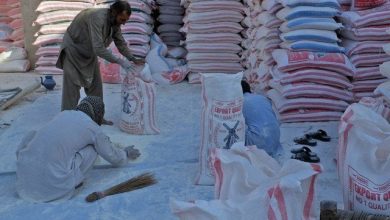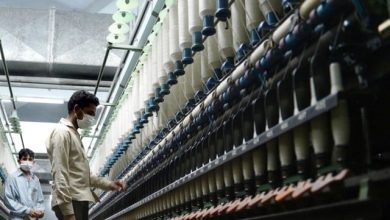Poultry farmers seek help to combat inflation

Poultry farmers across Pakistan are facing hard times as rising input costs, especially poultry feed, are becoming unbearable for them.
Many farmers, particularly those engaged in small-scale farming, are bound to shut down their businesses, which will impact not only their livelihood but also the local economy in their areas.
“While the poultry industry holds tremendous potential, it faces several hurdles that hinder its progress,” said Waseem Malik, a medium-scale poultry farmer from central Punjab. Rising prices of poultry feed, largely driven by volatile international markets for soybean and maize, have increased the production cost for local farmers. “The devaluation of Pakistani rupee has exacerbated their woes, making imported feed ingredients even more expensive,” added Malik. The poultry sector is one of the most important segments of Pakistan’s agricultural industry. It plays a crucial role in meeting the country’s nutritional needs and provides employment opportunities for millions.
Poultry farming has grown significantly over the past few decades, becoming an important sector of the national economy.
According to the Pakistan Poultry Association (PPA), the poultry industry contributes around 1.3% to the country’s gross domestic product (GDP) and employs approximately 1.5 million people, directly and indirectly. It produces about 1.3 billion kilogrammes of poultry meat and over 18 billion eggs annually, providing a critical source of affordable protein for the population.
The poultry sector requires robust support from both the government and industry bodies to overcome challenges.
“Subsidy on poultry feed, investment in research on disease-resistant breeds and access to affordable veterinary services can help alleviate some of the sector’s difficulties,” said a member of PPA.
He added that the government had already introduced some measures to support the industry, but that was not enough. “The industry needs more targeted interventions to address the specific issues faced by poultry farmers. Large- and medium-scale farmers have managed to stay afloat, however, support for small farmers is crucial for sustainable growth,” added the PPA member.
Governments, particularly the provincial ones, are only interested in selling chicken as per their price notifications, but they need to understand that it is purely a demand-supply mechanism, which leads to fluctuation in prices of chicken, said Ashraf Siraj, a poultry farmer from Faisalabad district. “Government needs to do more to safeguard around 20,000 poultry sheds, largely maintained by small-scale farmers. The sector is resilient and adaptable, and with the right policies and support, we can transform these challenges into opportunities for growth and prosperity,” he added.





